Stevie and I have been honored to be asked to help judge the last two annual Hard Rock Rising Global Battle of the Bands here in Seattle. In 2014, 10,000 bands entered this international competition, and 750 bands subsequently participated in live battles around the world at Hard Rock Cafes from Dublin, Ireland to Atlanta, Georgia. One winner went on to score an all-expense trip to Rome, Italy to perform in front of 40,000 fans.
This year, Stevie and I were asked to be two of the four judges in the finalist round here at the Seattle Hard Rock Cafe. It was very exciting. Even more exciting: this past May, the band which we helped judge to the number one spot in Seattle, a most excellent female-fronted band called Joyfield, went on to beat all the other bands from around the world, and win the entire 2014 global competition!
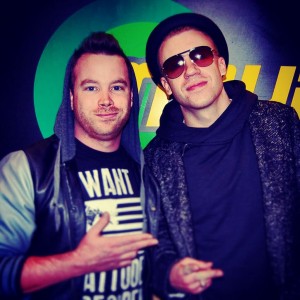 One of the best parts of participating in the judging at the Hard Rock, however (in addition to seeing bands like Joyfield, of course), is watching our local MC for this event, Brad Nolan.
One of the best parts of participating in the judging at the Hard Rock, however (in addition to seeing bands like Joyfield, of course), is watching our local MC for this event, Brad Nolan.
Brad is not only a fantastic live event MC, his day job is DJ at local Seattle radio station, Click 98.9. Brad is fast-talking, energetic and funny,. He’s also just a really straight-up, honest, friendly guy, AND (it turns out) he also has a lot of insider knowledge to share about radio and the music business.
I thought it would be very cool to interview Brad and see what words of wisdom he might have for indie artists when it comes to radio as well as media and PR in general. I was not disappointed.
I think you will enjoy this interview. Brad has some great advice to share, from how to get on the radio, to how to market yourself as a musician, to the role of social media for indie artists.
Q1: Brad, you are a DJ here for local Seattle station Click 98.9 FM (6 days a week, 5 hours a day!) and you also have two podcasts and a video show AND you own your own media company. Wow. You are a busy guy. Can you tell us a little about your station and about your own background and how you got into the music and radio biz?
Brad: Well now that you put it that way, I’m tired. Kidding. So, Click 98.9 is a fun station to work for. It’s young, and has a pretty solid playlist of modern hit music. My favorite thing to do at the station is hosting our Acoustic Lounges. There is something about putting an artist to the test in a live intimate environment that I love.
My background is a little complicated, but I’ll make it as simple as possible. I started in radio at 12 years old. A family friend owned a radio station, and I loved it. From there I went on to work in Southern Arizona and all through college. After college, I packed a backpack and flew to Los Angeles. No job in hand. By the way, that’s the best and hardest way to do Los Angeles. I started beating on radio station doors and got a producer gig. I had been on air for ten years before that, so when I got the call to take this Seattle job, I was ready.
Q2: We actually met at a local Seattle Hard Rock Cafe Battle of the Bands judging, so I know you like indie musicians. Does your station ever play music by local Seattle artists? Tell us a little more about your thoughts on the local Seattle music scene and what role local radio stations (yours and others) play.
Brad: Brutal Honesty Alert! No. Well, we play Mary Lambert! [Mary sang on Macklemore and Ryan Lewis’ hit song, Same Love] She’s local. But here’s the deal. People forget that radio stations are businesses. They have to make money or die. If I wanted to play my favorite song by local band The Adarna, or Joyfield, I would INSTANTLY lose most of my audience. Why? People want what is familiar. The cold hard truth is that one of the only ways to get involved with a major radio station as an unsigned artist is through its digital side (getting interviewed by a DJ for the web). All of that being said… I am actually working on a very cool project with Click that will make most of what I just said wrong.
[Tweet “People forget that radio stations are businesses. They have to make money or die.”]
The Seattle music scene is interesting. It thinks it’s a lot different and cool, but it isn’t. Like most of the top 20 cities, it’s full of people who want to play music and people who want to make it big. The latter are usually the ones that don’t reach their goals. There are some AMAZING musicians in this city. And honestly? I feel like Seattle will own the next decade of music. We just have to get rid of the fakers.
I don’t believe (rightly or wrongly) radio needs to play a part in the local music scene. Here’s how I see it; if you are good, and people like what you are serving up, you’ll get to play bigger and bigger venues. Then you get attention, and get on the radio. And radio? It’s still the sole decision maker when it comes to who gets huge and who doesn’t.
Q3: I saw you recently tweeted about a new feature you are starting up called “That’s Literally My Jam”. Can you tell us what that is? What motivated you to create it?
"That's Literally My Jam" >>> Music creators will be able to submit their music and stories to be played and talked about on the show.
— Brad Nolan Show (@BradNolanShow) September 15, 2014
Brad: Yeah! It’s part of my up coming podcast called Brad About You. That show is all about the listener. The three features are designed to allow for communication. We have Skip The Mistakes which is where I go into way too much detail about a mistake I have made in life and tell people how to avoid it. Another is called Opposites Detract – where I will probably create some enemies by making light of certain news stories. This is Literally My Jam is all about hearing artists stories. The whole show is about connecting as one on one as possible. I love music. Why not create a conversation around it?
Q4: What do you think are the most important things an indie artist should know about radio and getting their music on a local station? What stations should they try to get their music on and what stations should they not bother with? Can they just call up the station and ask DJs if they are accepting unsolicited submissions? Should they walk them in to the station? Do home-baked chocolate chip cookies help any? Or is it all just who you know?
Brad: STOP TRYING TO GET ON THE RADIO. Period. It doesn’t help. Do you have a follow up track that’s better than the one you submitted? Will you be able to sustain a crowd for 90 minutes if we give tickets to your show? How’s your Merch? Radio for indie artists is usually a curse.
My advice for indie artists is the same as my life motto. Be good or be gone.
[Tweet “My advice for indie artists is the same as my life motto. Be good or be gone.”]
There are no shortcuts. My media company, Brasen Media, builds artist brands. The first thing I always ask is, “let me see your business plan.” I get blank stares every time. Are we forgetting entertainment is a business? What’s the first thing a business does? Writes a plan. I’m talking revenue, loss, risk mitigating milestones; every artist needs to be an entrepreneur. Radio is for you to show off your product. It’s not for building it. That? You have to do on your own. Or with Brasen Media… obviously.
Q5: Let’s talk about social media. You’re a self-professed “Twitter addict.” How important you think a social media presence is for a musician who is trying to break out? What social media channel is most important – Twitter, YouTube, Facebook, Instagram?
Brad: For me, social media is really about connecting not marketing. The artist should use the social networks their audience uses. They should engage them and be about giving access to their brand (that they built with their business plan). The concept of “breaking out” is troubling to me. What does it mean? The ONLY way to break out, and still be able to sleep at night, is to be better than you were yesterday. Period.
[Tweet “The only way to break out is to be better than you were yesterday. “]
Q6: You’ve done a lot of interviews of artists. Do you have any stories or examples of musicians who give great interviews (or… not)? Can you tell us what artists should know about doing interviews on the radio (or with media generally)?
Brad: Interviews are an interesting thing. I love and hate them. The catalyst for most interviews is to promote something. Being interviewed for the sake of being interviewed is rare. The only advice I have is be real. Be you. When I go in to conduct an interview I usually break the ice so that we can feel like we are just hanging out. That’s the best vibe. As an example, I recently say down with Pete Wentz and Patrick Stump of Fall Out Boy. Instead of sitting there and asking them a bunch of questions, I had them interview me. We did it as if I were some super star and they were no bodies. Then, I said “you know. Everyone knows who I am – no one knows you. Why don’t I interview you?” That’s how we got into the interview. Be fun and engaging.
Got interviewed by @petewentz and @PatrickStump tonight. Great interviewers. CC: @falloutboy pic.twitter.com/rV6ZXYsHmr
— Brad Nolan (@BradNolan) September 13, 2014
Q7: What should musicians do to stand out in the current music business environment? It seems like everyone has to have a gimmick these days. What advice would you give an indie artist about getting positive media attention (and is it true that any press is good press)?
Brad: Be good or be gone. Every person has multiple sides of themselves. Do the research (like a business would) and find out which version of yourself is most marketable. It’s not a gimmick, it’s pandering. I’m a different person when I’m with my girlfriend than when I am negotiating a contract. Two different versions of myself. We all have that. Find the marketable one.
[Tweet “Find out which version of yourself is most marketable.”]
About media attention: imagine if Facebook would have started marketing like crazy when they were still writing the software. Imagine if Apple released the glass they use for iPhones instead of the whole phone. Lame right? Well, that’s what most indie artists are doing. They are pushing an unfinished product. Trust me, even good press can be bad. The “all press is good press thing” is bull. In my view, all press is bad unless you designed it, packaged it, and it created profit.
Q8: Do you have any words of wisdom for indie artists when it comes to attracting media attention? What is the biggest mistake you see artists making with the media? What kind of things should every artist have available on their website for media?
Brad: I covered most of that in the last question, so I will talk about websites because I build them for artists every day.
If you design your website for media, you have wasted your time and money. Your website is for fans and only fans. Trust me, if I want to contact you and put you on my show, I can figure it out. If your focus is on media and not on fans, you’ll be working at Starbucks forever.
[Tweet “If your focus is on media and not on fans, you’ll be working at Starbucks forever.”]
Q9: One last question, since you have your own entertainment media company. I’ve talked to so many indie artists who want to hire a publicist, but don’t know how to go about finding a good one, what to pay, and what kinds of results to expect. When do you think an artist needs to hire a publicist, how should they find one (local? national? agency? individual?) and what should they look for in a publicist?
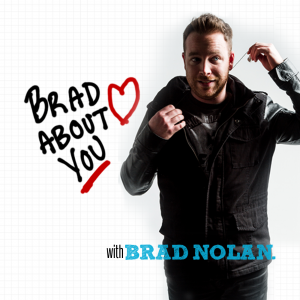 Brad: My media company is all about educating artists and building brands with them. Which, in my opinion, is the only way to sustain a career.
Brad: My media company is all about educating artists and building brands with them. Which, in my opinion, is the only way to sustain a career.
There are only three reasons to hire a publicist.
- You have done something no one has ever seen and it needs to be explained by an expert.
- You are super famous, have done something bad, and are illiterate.
- You are the low man/woman on the totem pole.
This means you are opening up for a huge act, and you know they will get all the attention. A publicist can steal some of that back for you.
Q10: Thanks for being such a great interview, Brad! Where can our readers find you and follow you, listen to your podcasts and watch your video show?
Brad: I don’t know if i was great, but I was honest. For reaching me… Bradnolan.com. It relaunches very soon. Also brasenmedia.com is about to have a relaunch with some great free content for entertainers.
Cheers,
Brad Nolan (@BradNolan)
___

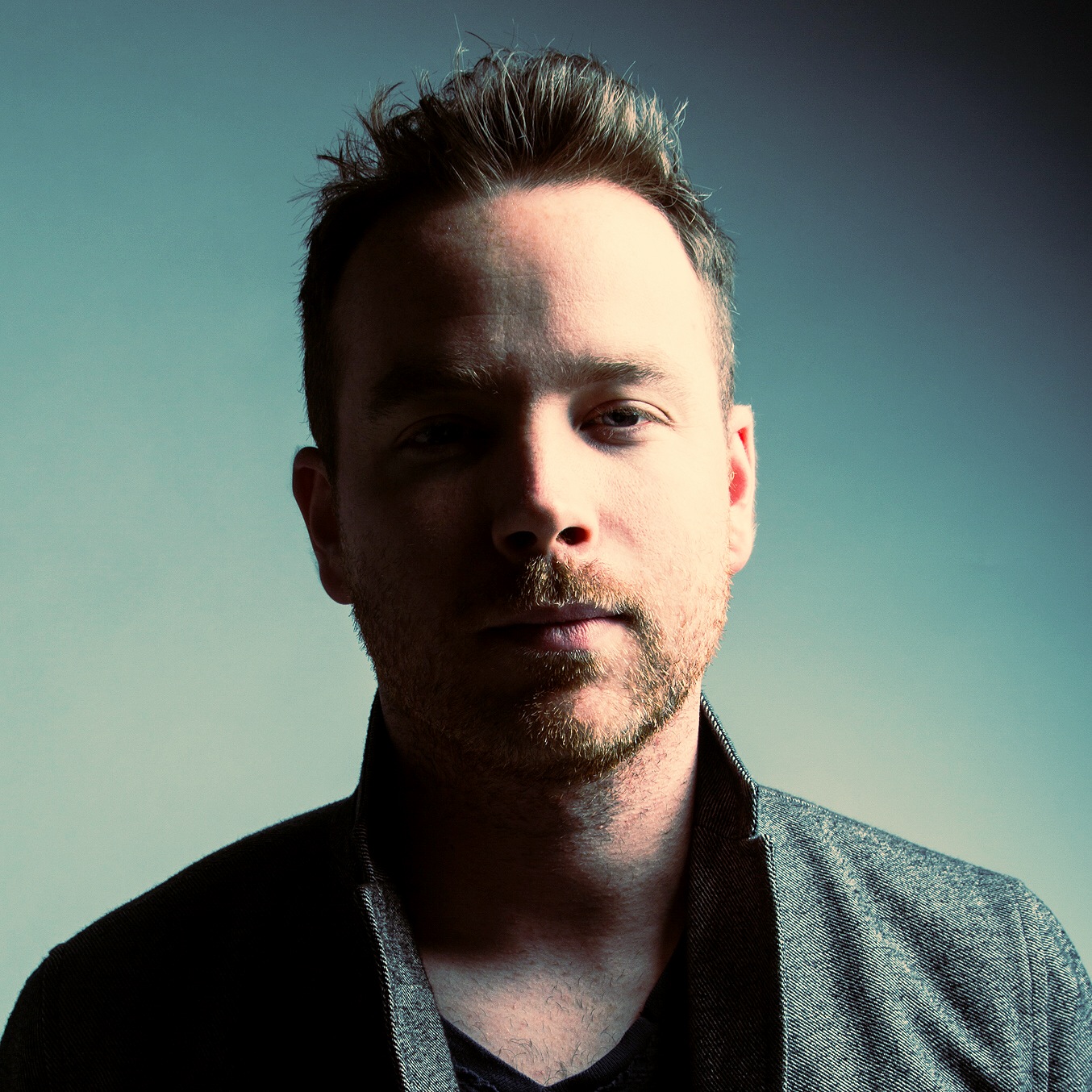
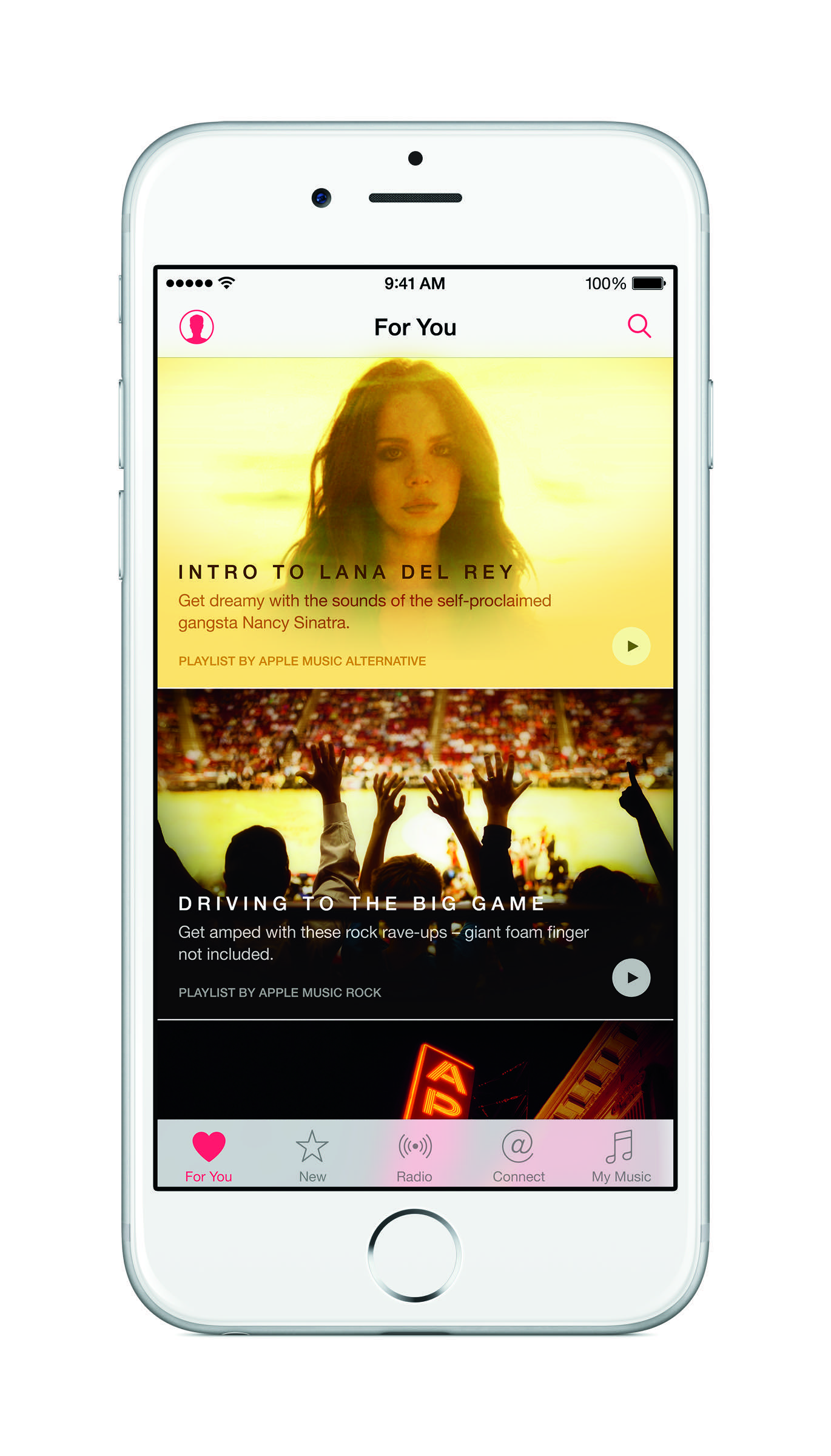

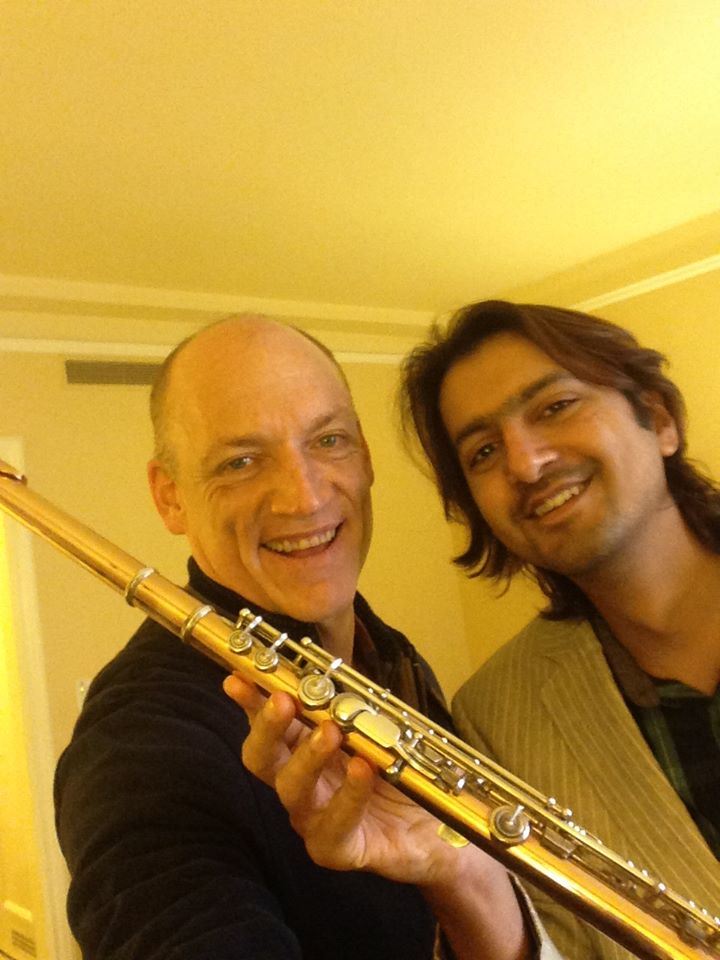
3 comments
Ah!! The relationship between art and money!! Love & hate…
An eternal struggle…
“Art is making something out of nothing and selling it” Frank Zappa
Great article. Thanks for sharing. 🙂
The article and commentary are fair enough for COMMERCIAL radio but really don’t apply to public radio. KEXP and KBCS, both local Seattle radio stations have as part of their mission to showcase local artists. KEXP has over 40 DJs and trust me, they play exactly what they want to play. It is also one of the most highly regarded and sought after stations on the planet.
Great points, Paula. I know you have been involved with KEXP over the years. Many cities have local independent radio stations like KEXP as well. Indie On The Move has compiled a good national list by state with formats and contact information, including a list of college stations. https://www.indieonthemove.com/radio/